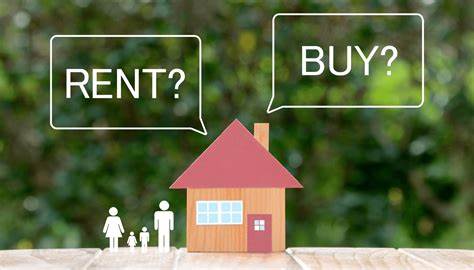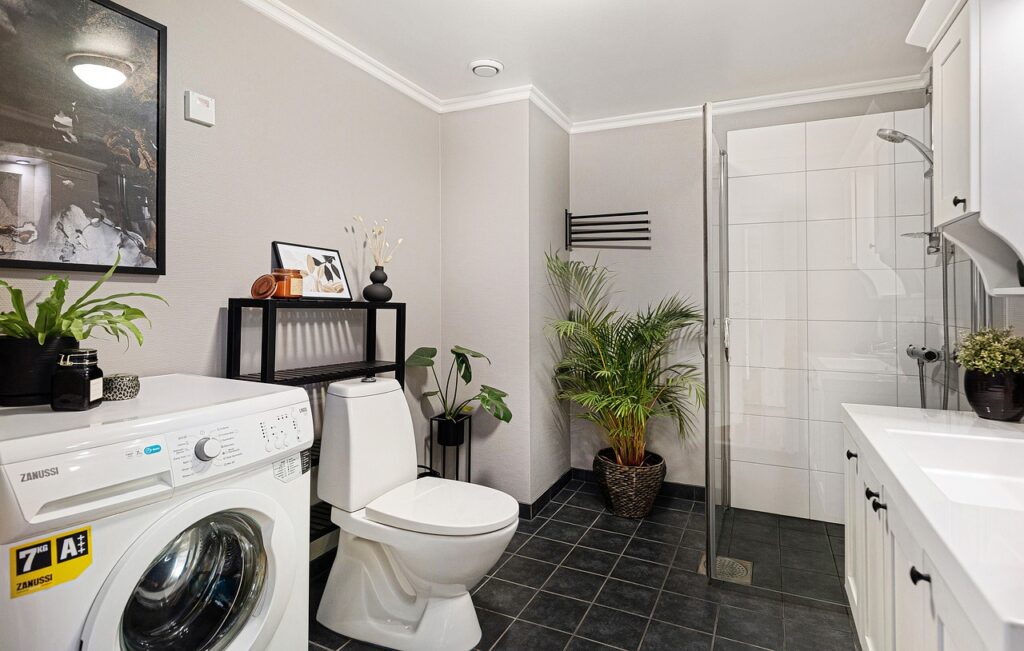The Pros and Cons of Buying a House vs. an Apartment in Australia.

Introduction:
Deciding between buying a house or an apartment is a significant consideration for prospective homebuyers in Australia. Both options offer unique advantages and drawbacks, and understanding these factors is crucial to making an informed decision. In this blog post, we will explore the pros and cons of buying a house versus an apartment in Australia, helping you weigh the options and choose the best fit for your needs.
Pros of Buying a House:
Space and Privacy: Houses generally offer more space, both indoors and outdoors, providing room for families to grow and indulge in hobbies. Additionally, houses often provide more privacy compared to apartments, as they are typically standalone structures.
Flexibility and Customization: Homeowners have greater freedom to customize and renovate houses according to their preferences and needs. This enables them to create their desired living environment and potentially increase the property’s value.
Land Ownership: When buying a house, you also acquire the land it sits on, providing a sense of ownership and potential long-term investment value. Land can appreciate over time, offering opportunities for future development or financial gain.
Cons of Buying a House:
Higher Costs: Houses generally come with a higher price tag compared to apartments, especially in desirable locations or larger lot sizes. Additionally, maintenance costs, utility bills, and property taxes can be greater for houses.
Maintenance Responsibilities: Homeowners are responsible for the ongoing maintenance and repairs of their houses, including landscaping, structural upkeep, and potential issues like roof repairs. These additional responsibilities can require time, effort, and financial resources.
Location Limitations: Houses are often found in suburban or outer areas, which may result in longer commutes and limited access to amenities like public transport, schools, and shopping centers compared to apartments in central locations.
Pros of Buying an Apartment:
Lower purchase price: Apartments generally have a lower purchase price compared to houses, making them more affordable for first-time buyers or those on a tighter budget. This can provide an entry point into desirable locations that may otherwise be financially out of reach.
Low Maintenance: Apartments typically come with shared maintenance responsibilities, handled by a strata management company. This can alleviate the burden of individual maintenance tasks, such as external repairs, gardening, and common area cleaning.
Amenities and Convenience: Many apartments offer access to shared amenities like pools, gyms, and communal spaces, providing convenience and a sense of community. Additionally, apartments in central locations offer proximity to shops, restaurants, public transport, and other urban conveniences.
Cons of Buying an Apartment:
Limited Space: Apartments generally offer less space compared to houses, particularly in terms of outdoor areas. This can be a concern for families with children or individuals who desire more room for various activities.
Strata Fees and Rules: Apartment ownership involves paying strata fees to cover shared expenses and adhering to strata rules and bylaws. These fees can increase over time, and restrictions may exist regarding renovations or pet ownership.
Lack of Privacy: Living in an apartment complex means sharing walls and common areas with neighbors, potentially compromising privacy and noise levels. Considerations such as noise insulation and proximity to neighbours should be taken into account.
Conclusion:
Choosing between buying a house or an apartment in Australia involves weighing the pros and cons based on personal preferences, financial capabilities, and lifestyle considerations. Houses offer space, privacy, and potential long-term land value, but come with higher costs and maintenance responsibilities. On the other hand, apartments provide affordability, convenience, and shared amenities, but may have limited space and potential strata-related complexities.
Consider your priorities, future plans, and financial situation when making this decision. Consulting with a real estate agent or financial advisor can help you navigate the options and make an informed choice that aligns with your needs and goals. Remember, there is no one-size-fits-all answer, and the right choice depends on what suits you best.






Responses